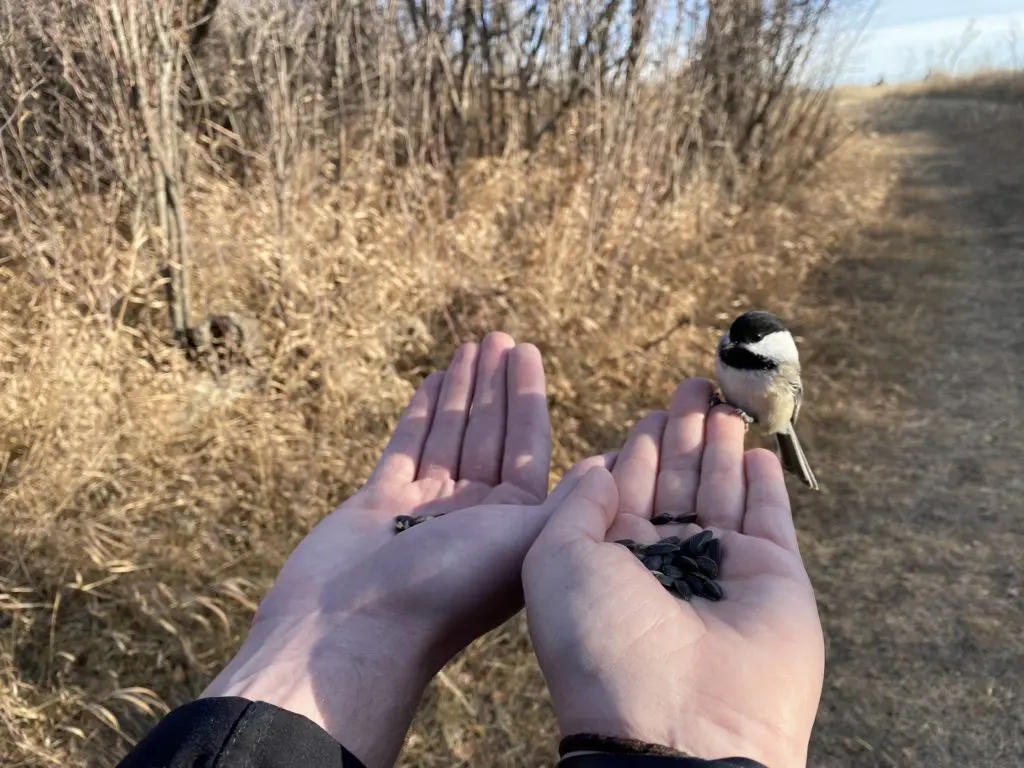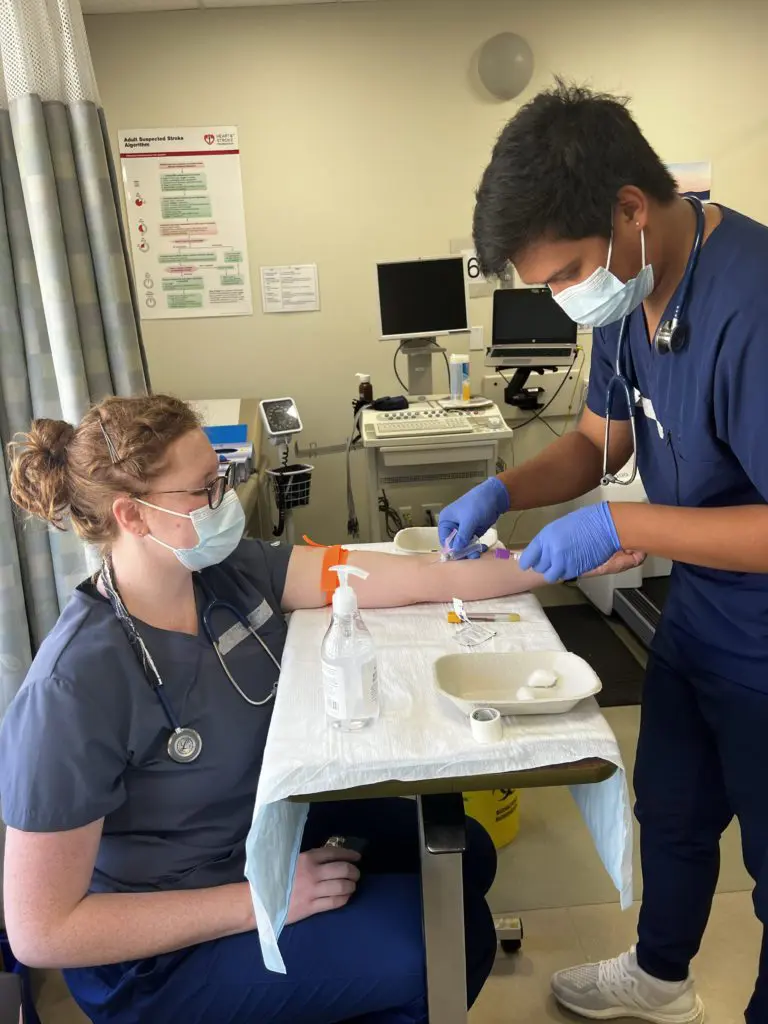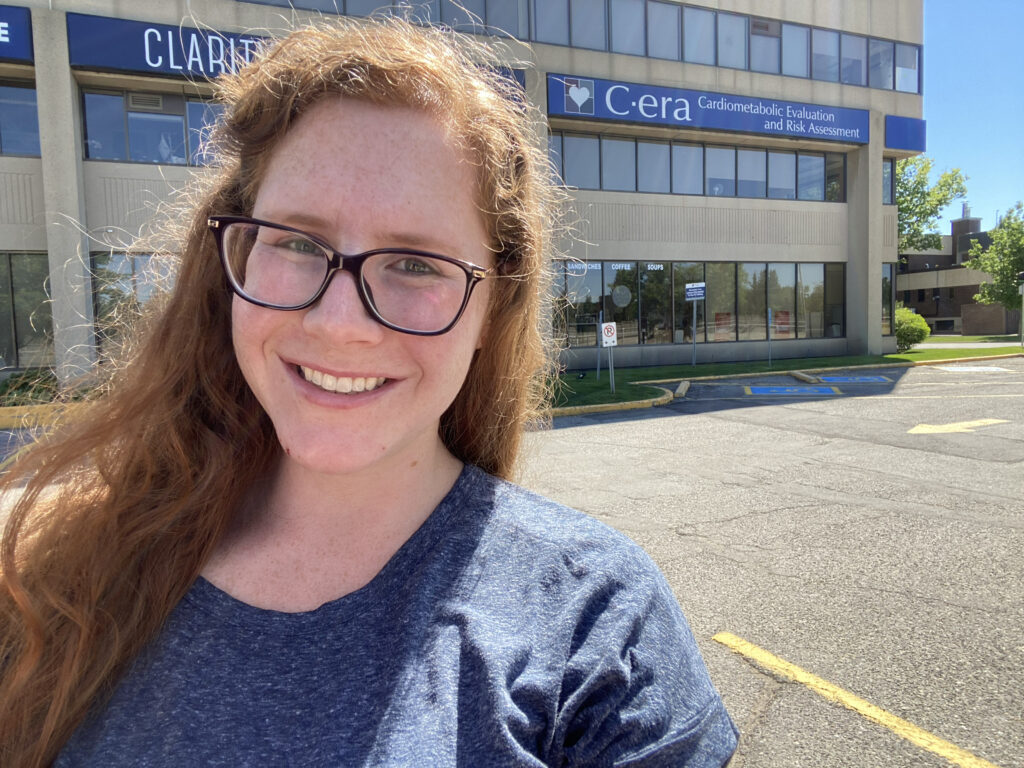One month ago I had my first IOE day and felt lost when looking at ECGs. The abbreviations NSR, SVT, PJC were gibberish to me until I started our cardiac rhythms, arrhythmias, and pacemaker studies course. I am five weeks in and am amazed to say I can read, understand, and interpret ECGs now! That seems crazy fast I know but I was able to achieve this due to all the knowledge I’ve gained in our previous courses. In the first week we started off slow learning how each small box on an ECG represents a period of time where the heart is performing one of its many physiological functions. We expanded on the knowledge that each small box accounts for 0.04seconds into calculating heart rate, PR intervals, QRS complex durations, and ST segment abnormalities. We also learned about axis of the heart early on which relied on having a good understanding of ECG leads so knowing the ins and outs of cardiac instrumentation before this course was super beneficial. Calculating heart rate, intervals, and axis is second nature now when looking at an ECG but the real difficulty started when we learned we examined rhythms strips that were not a normal sinus rhythm. A normal sinus rhythm (NSR) has a pretty p wave followed by a QRS complex then a T wave and is normal in duration (See image below).
Normal Sinus Rhythm
Interpreting these rhythms is wonderful and easy however they were mostly only seen in week 1 of this course. After the first week you dive right into other types of rhythms, conductions problems, and abnormalities viewed on an ECG. Thankfully this course was not light in resources as we use 4-5 textbooks daily which allowed you to grasp the information from many different perspectives. One major thing I learned in this course is that each cardio tech has a different step by step process they use to interpret an ECG which is completely acceptable, what matters is finding out which method works best for you to achieve the right interpretation. Often times in this course I met with a fellow classmate in the city to practice interpreting ECGs together and noticed that often times our different approaches still lead us to the same answer. Of course there will be cases where one cardio tech may believe a problem is going on while another thinks it is in normal limits which isn’t a bad thing! Discussing ECGs with colleagues is a part of the job as we are training to be a part of a team and sharing knowledge will only enhance our skills. In any medical field, we have to be open to others opinions and be willing to exchange knowledge with one another but in order to get the knowledge we need to practice, practice, practice. My teachers Jen and Cristina always tell us practice makes perfect. They can actually look an ECG and interpret it within 10 seconds! I am not at that skill level yet by any means but I am working towards it 🙂
Next week we start labs here in Halifax where we will get a month long to perform and interpret ECGs on one another before we have our first integrated practice experience at a hospital or clinic. I am very excited because all my classmates from the Maritime Provinces will be coming together here in Halifax so I am hoping to spend some time with my classmates in person! This week I am finishing off the theory section of this course in pacemaker studies which I thought was going to be more interesting than what it actually is but is still enjoyable. Our teacher Cristina just attended a CSCT conference and brought us back loads of cool stories and articles on new innovations in our field. One cool innovation is that they are developing wireless pacemakers in Europe and they are trying to allow the research to expand here in Canada. It will be nice to one day attend these conferences myself which isn’t too far off into the future 🙂
Check out a video of our cardio tech students in action.






![An ECG demonstrates the extensive antero-septal-lateral myocardial infarction [heart attack] that Taryn witnessed.](https://stenbergcollege.com/wp-content/smush-webp/2022/12/ecg-1024x530.jpg.webp)



